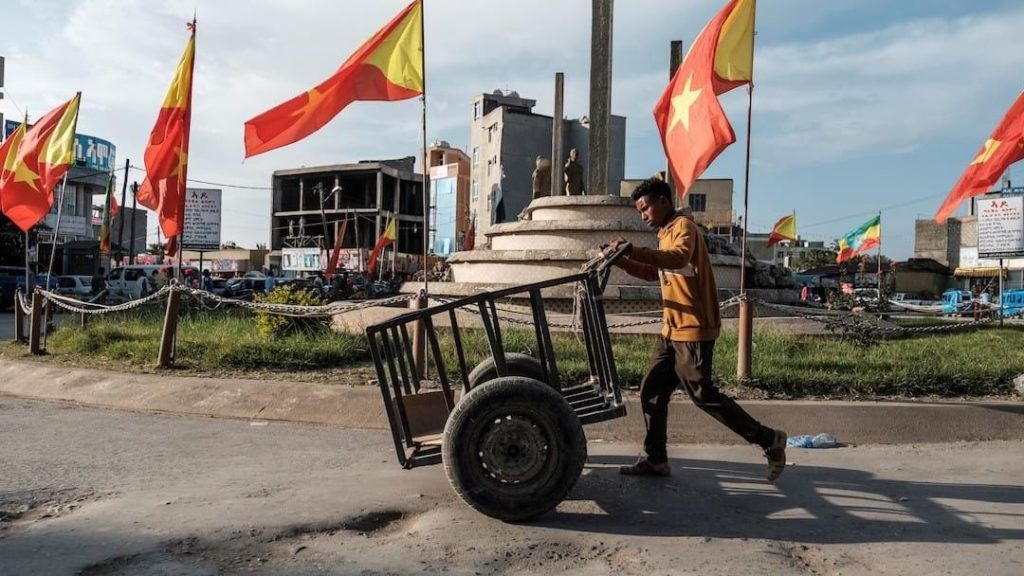With their few hurriedly packed belongings wrapped tightly in fabric, entire families, many with young children, are traversing vast distances on foot these days to escape fighting in northern Ethiopia between federal armed forces and the Tigray People’s Liberation Front (TPLF), Arab News writes,
Since the conflict erupted three months ago, nearly two million Ethiopians have been forced to flee the country’s Tigray region, many arriving in neighboring Sudan with axe and knife wounds, others with broken bones and severe mental trauma.
Those who have chosen to stay behind — the vast majority of Tigray’s six million inhabitants — now face shortages of food, medicine and drinking water. Ethiopia is facing accusations of blocking aid and the specter of mass hunger haunts the region.
Most concerning of all is the imminent risk of mass hunger, a phenomenon Ethiopians are tragically familiar with. The Great Famine that afflicted the country between 1888 and 1892 killed roughly one-third of its population. Another in 1983-85 left 1.2 million dead.
According to the Famine Early Warning Systems Network, presided over by the US government, parts of central and eastern Tigray are just a step away from famine, with fears more than a million could die of starvation if aid is not allowed in soon.
In a recent statement, a trio of Tigray opposition parties said that at least 50,000 civilians had been killed in the conflict since November. Aid agencies and journalists have not been permitted access to the region to verify the death toll.
Ethiopian authorities insist aid is being delivered and that nearly 1.5 million people have been reached. But experts on the Horn of Africa believe one of the worst humanitarian disasters in modern history is unfolding in the conflict zone.
“If the world averts its eyes, it is a bystander to one of the most grievous mass atrocities of our era,” Alex de Waal, executive director of the World Peace Foundation and a research professor at The Fletcher School at Tufts University, told Arab News.
“It will be an unforgivable ethical stain. It is also a matter of interest. Do the countries of the Arabian Peninsula want to see another Yemen-like calamity on the southern shores of the Red Sea — a little further away, but even bigger.”
